Garden Programs
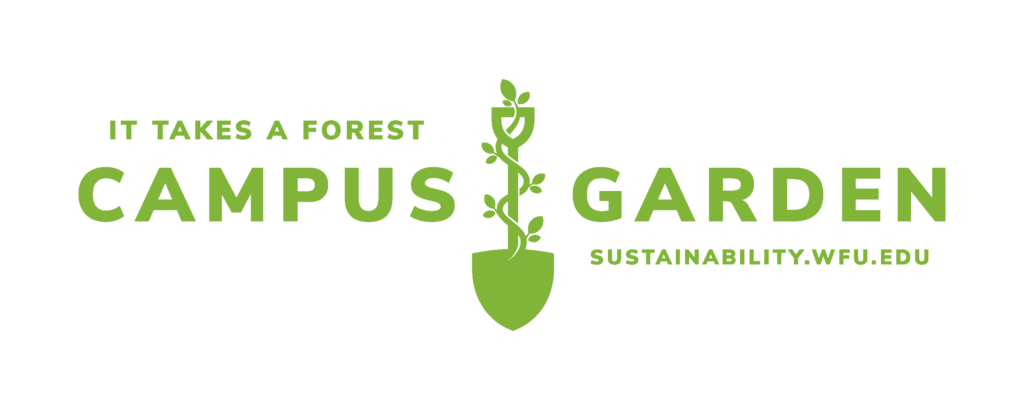
All WFU students, faculty, and staff are invited to enjoy a hands-on experience at the Campus Garden (1141 Polo Road). Practice the fundamentals of gardening, lead your peers in productive work that helps alleviate hunger, and learn about the connections between regenerative agriculture and climate change. There are opportunities for every experience level! You can volunteer in the Garden, come with a class to explore specific disciplinary connections to your coursework, or attend one of our special events hosted in the Garden.
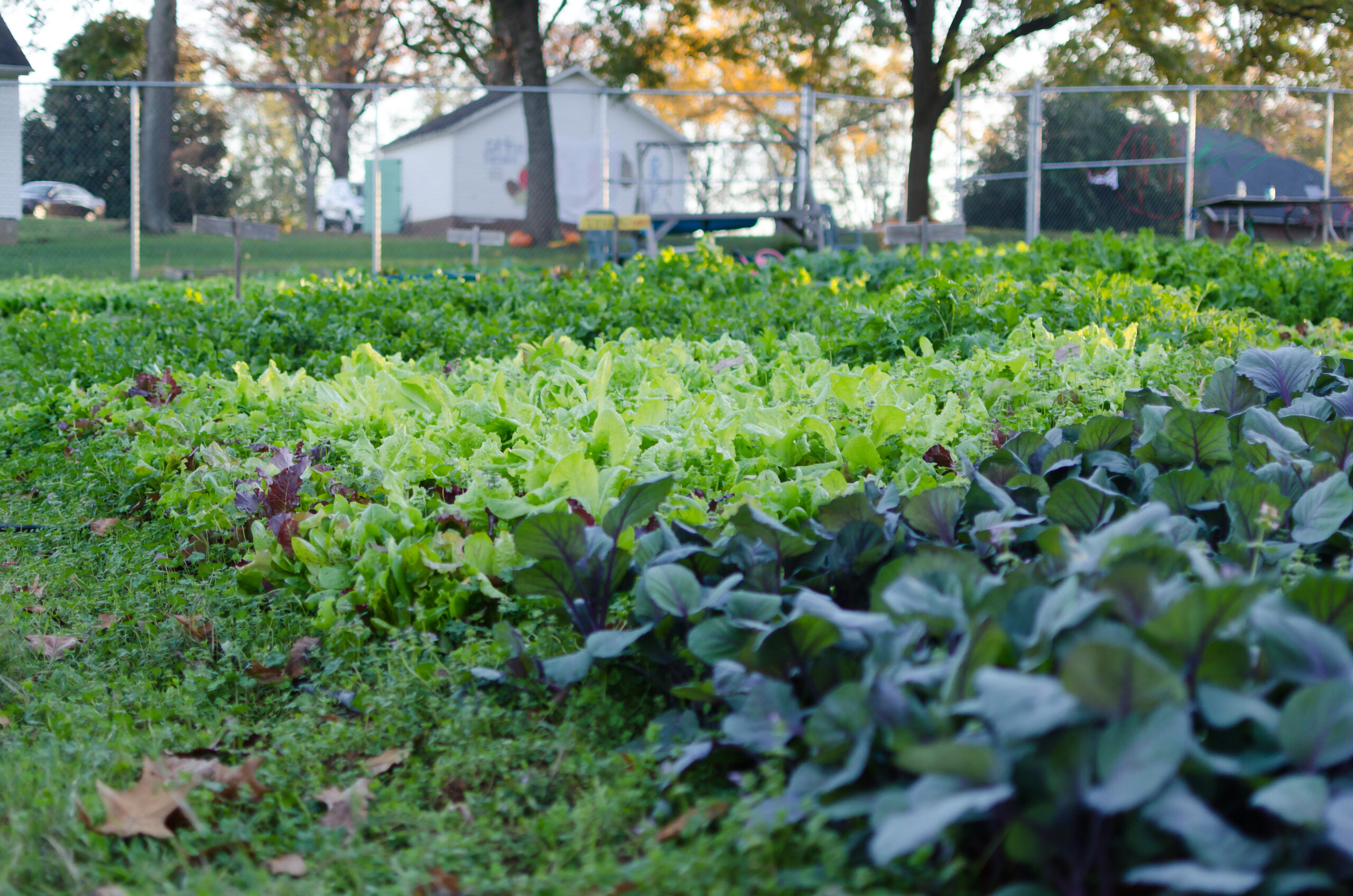
Volunteer, Lead, Learn
Sunday Volunteer Hours
Sunday volunteer hours take place from 4:00 – 6:00pm on Sunday evenings during the academic year.
Open to all WFU students, faculty, and staff. Led by our Campus Garden Interns.
Harvesting, pruning, mulching, weeding, composting, and seeding are littering the to-do list. Track your hours on GivePulse or simply show up; no experience is required!
Connect & Cultivate Volunteer Hours
Connect & Cultivate is our weekday volunteer program, led by trained student leaders. C&C volunteer hours are daily on weekdays (Monday – Friday) from 5:00 – 6:00pm during the academic year. Track your hours on GivePulse or simply show up; no experience is required!
Open to all WFU students. Led by our Connect & Cultivate student leaders, who are selected through an application process and trained by our Campus Garden team.
More about Connect & Cultivate:
Connect & Cultivate is a weekday volunteer opportunity designed specifically to help students connect with one another and the environment. You’ll help accomplish garden chores, learn a little about sustainable gardening, and meet new friends in a relaxed, outdoor setting. C&C sessions are a time to put your hands in the earth and unwind.
What to Expect when Volunteering
Daily Tasks
- Build, shape, and fertilize garden beds
- Spread compost and mulch
- Pull weeds
- Plant seeds and transplants
- Harvest produce
- Turn compost piles
- Water the crops
- Say hello to the chickens and feed them a treat
Special Activities
- Plant and water greenhouse seedlings
- Raise spring chicks
- Grow Oyster Mushrooms in March
- Braid garlic in the fall
- Peel luffa sponges in the fall
- Bring a reusable water bottle
- Bring sunscreen, bug spray, a hat, and/or work gloves (clean gloves are available at the garden as well)
- Wear clothing you can get soiled and sweaty
- Wear season-appropriate clothing and dress in layers
- Closed-toe shoes are highly recommended
- We have honey bees! A volunteer has never been stung, but please notify the CG Manager if you are allergic. Bring any medication you may require.
Common Crops in the Campus Garden
Annual Crops are generally sorted by Cool Season (spring and fall) and Warm Season (summer). The Campus Garden also grows a number of Perennial Crops and flowers. Most importantly we grow Cover Crops every season. These annual plants are grown densely and terminated before they set seed. Cover crops protect and improve our soil in many ways.
Cool Season Crops
- Beets
- Broccoli
- Carrots
- Garlic
- Lettuce and a variety of salad greens
- Onions
- Potatoes
- Radishes
- Specialty crops: cabbage, collard greens, kale, kohlrabi, swiss chard, turnips

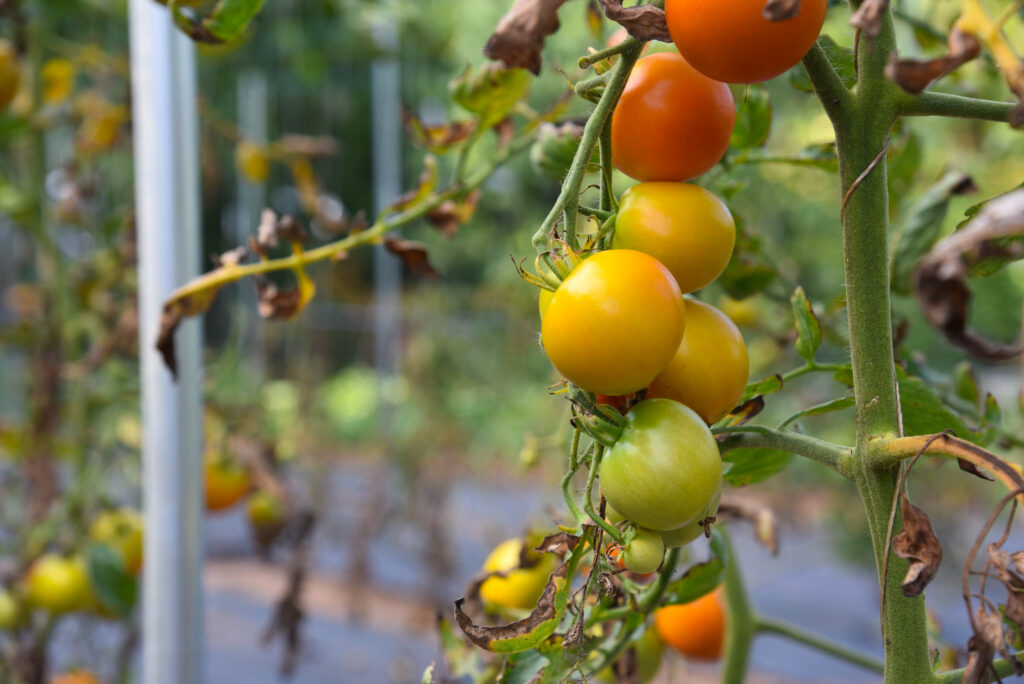
Warm Season Crops
- Heirloom and Research Tomatoes
- Sweet Potatoes
- Green Beans
- The Three Sisters: Sweet corn, acorn squash, pole beans
- Specialty crops: zucchini, eggplant, peppers, basil
Cover Crops
- Buckwheat
- Crimson Clover
- Millet and Cow Pea
- Rye and Vetch
- Sunhemp
- Sunflower
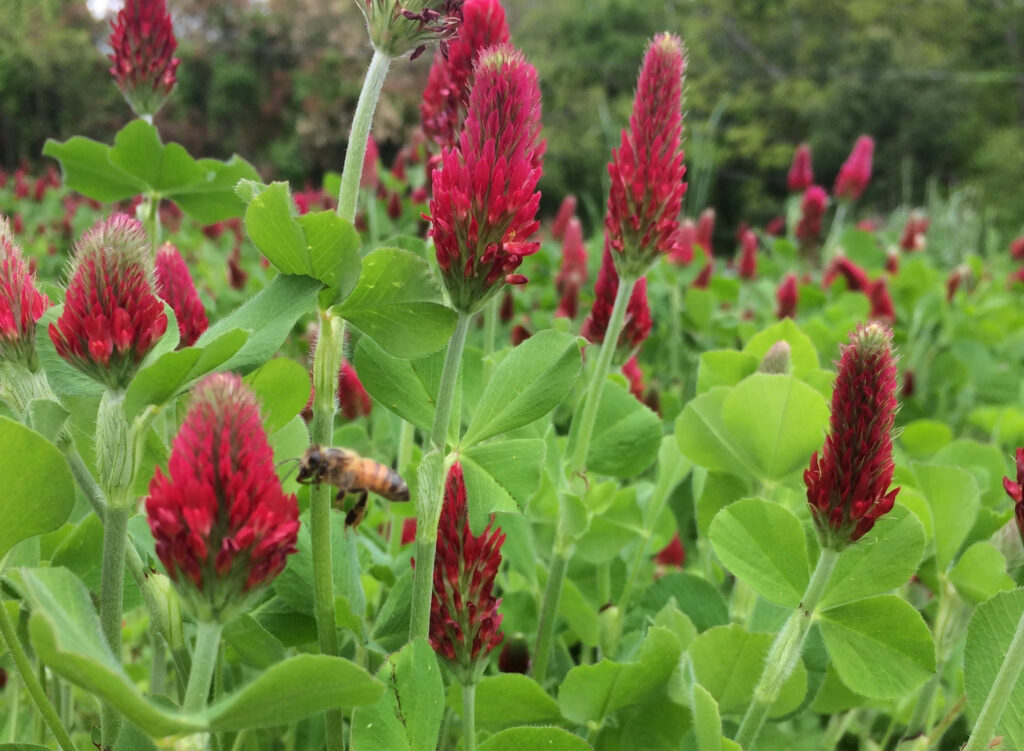
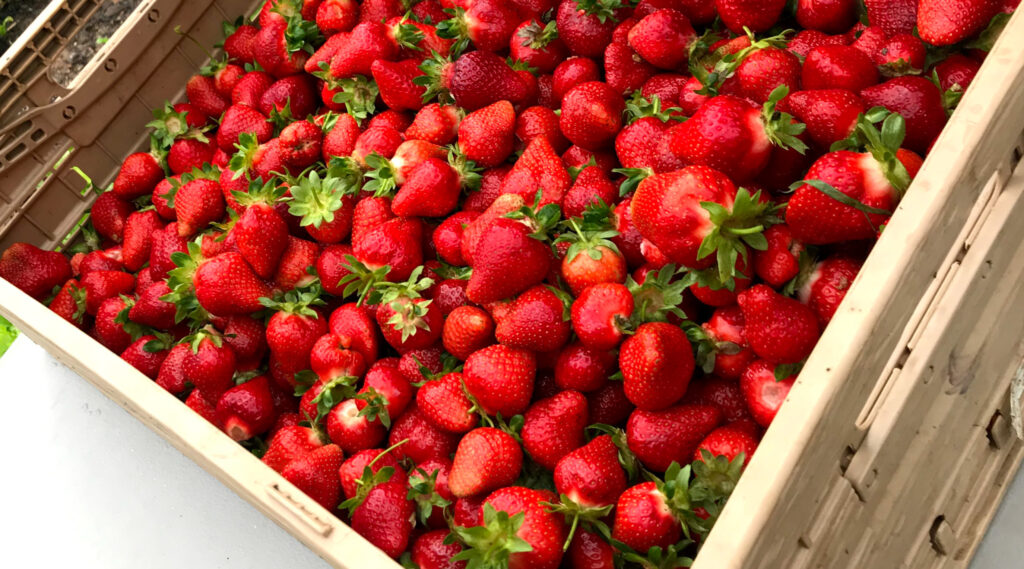
Perennial Crops
- Asparagus
- Strawberries
- Lemon balm
- Rosemary
- Rain Garden grasses and flowers
- Zinnias
Campus Kitchen Partnership
Garden volunteers are welcome to snack on organic veggies or take some home to cook. Most of the produce grown at the Campus Garden is delivered to The Campus Kitchen at WFU.
In addition to garden vegetables, Campus Kitchen prepares meals and redistributes fresh produce rescued from local grocery stores. These items are distributed to local social service agencies to help alleviate hunger. Even more amazing, Campus Kitchen brings all of its food waste back to the Campus Garden to be composted!
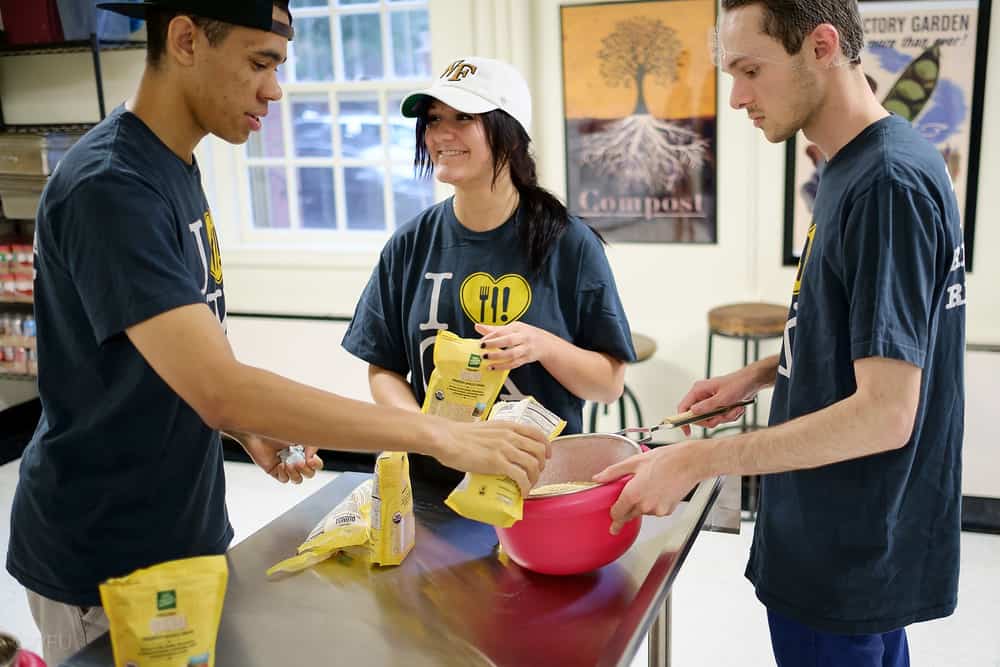
Related Posts
- The Quest for Nature
 Perspectives on Sustainability, Quarterly Newsletter Forty-two. It’s the answer to the ultimate question of life, the universe, and everything. The […]
Perspectives on Sustainability, Quarterly Newsletter Forty-two. It’s the answer to the ultimate question of life, the universe, and everything. The […] - Winston-Salem Blooms at the Spring Equinox Celebration
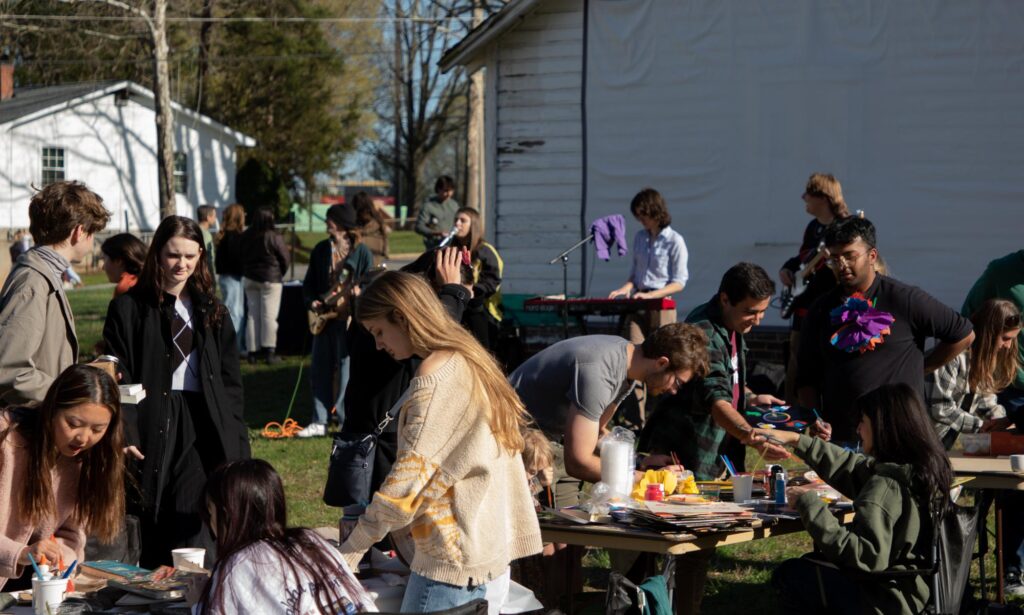 By: Towne Moores, Staff Writer for the Old Gold & Black As you’ve likely noticed from the blooming flowers around […]
By: Towne Moores, Staff Writer for the Old Gold & Black As you’ve likely noticed from the blooming flowers around […] - Summer Faculty & Staff Volunteer Hours in the Campus Garden
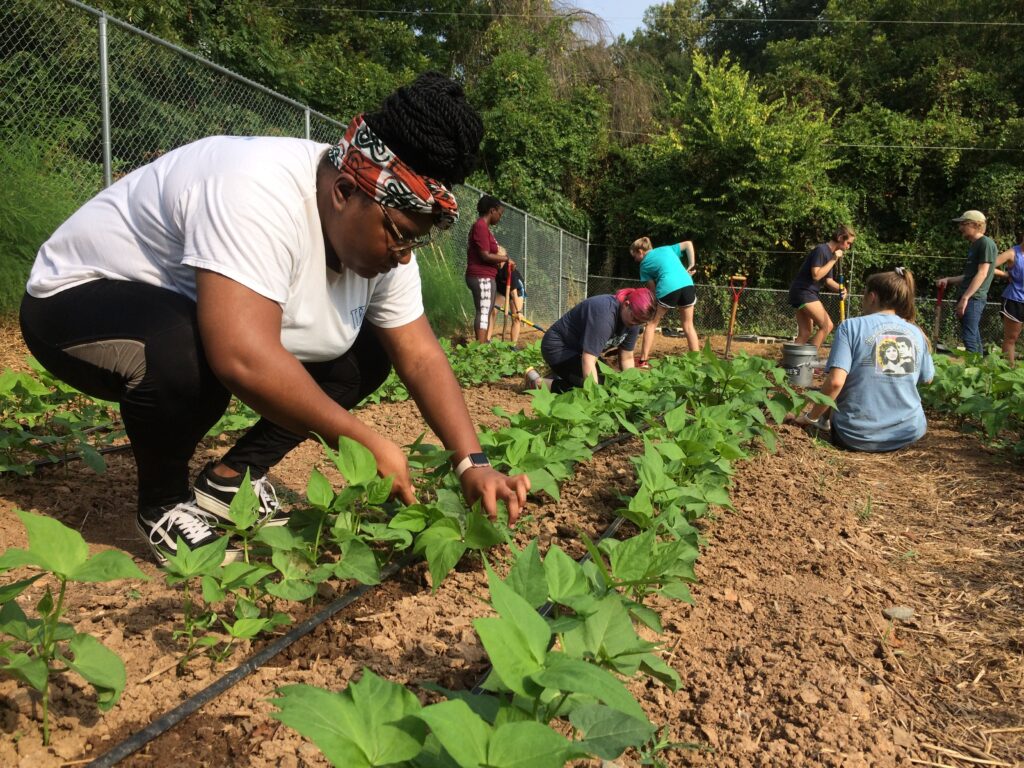 Are you a faculty or staff member interested in getting your hands in the dirt this summer? Looking for a […]
Are you a faculty or staff member interested in getting your hands in the dirt this summer? Looking for a […] - Fall 2024 Internships
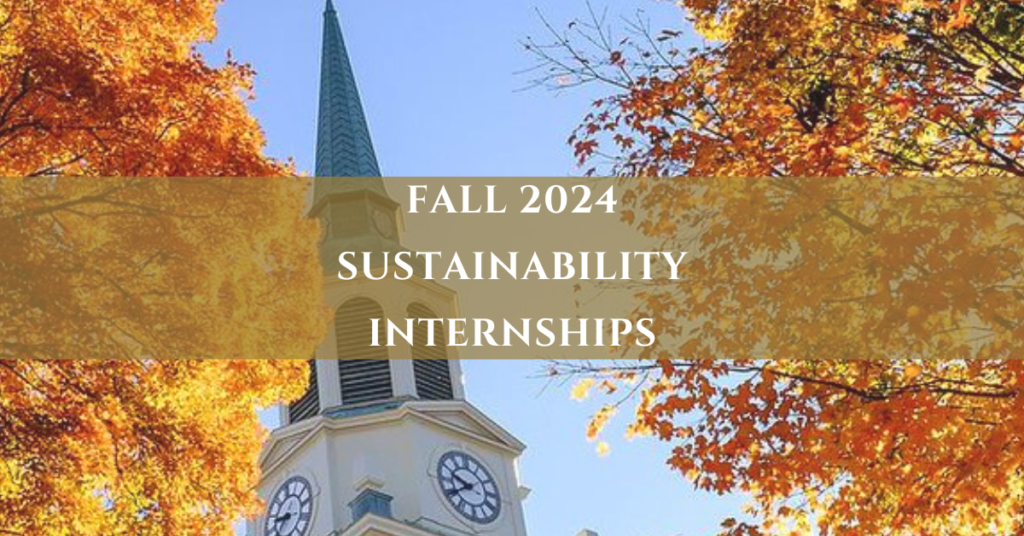 Applications for Fall 2024 internships through the Office of Sustainability are now being accepted. Applications are due Tuesday, April 9. […]
Applications for Fall 2024 internships through the Office of Sustainability are now being accepted. Applications are due Tuesday, April 9. […] - Campus Garden Internship Opportunity Available for Fall ’23 Semester
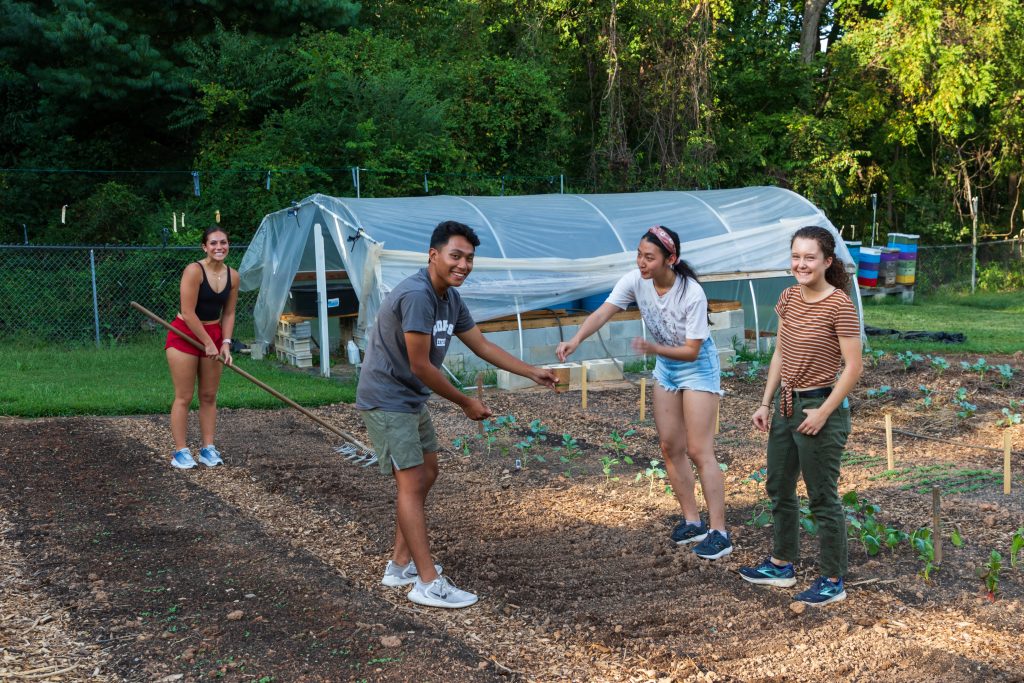 Update: This position has been filled. Thank you to all students who expressed interest and applied. Spring 2024 intern opportunities […]
Update: This position has been filled. Thank you to all students who expressed interest and applied. Spring 2024 intern opportunities […] - Campus Garden Sows Seeds of Sustainability
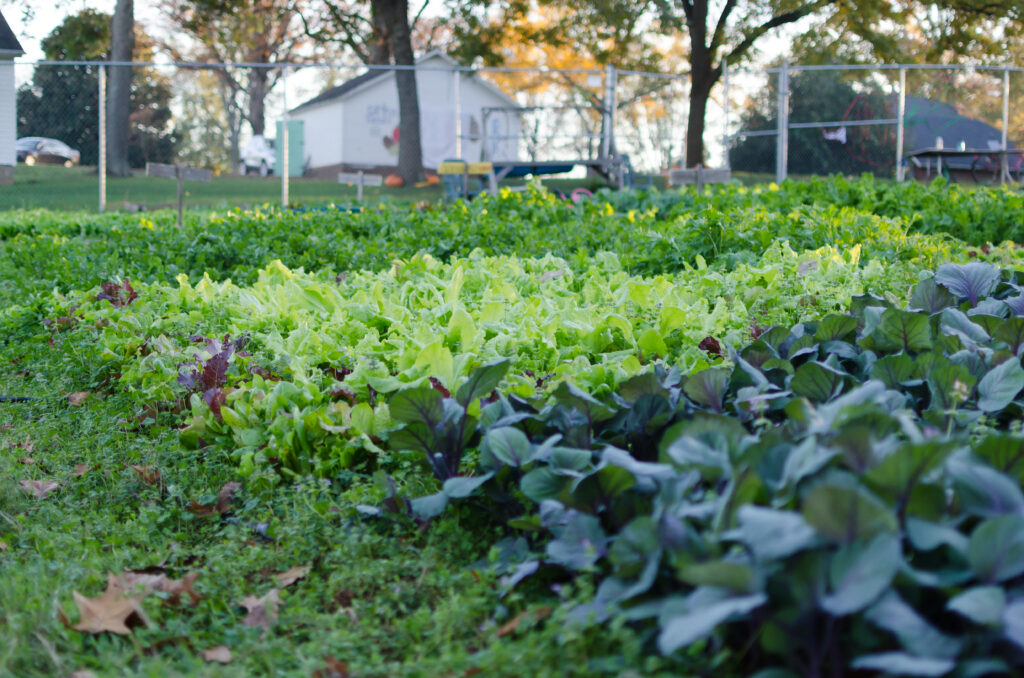 By: Maggie Burns (’20), TPA for the Sustainability Theme House As the sweet potatoes and green beans are being harvested […]
By: Maggie Burns (’20), TPA for the Sustainability Theme House As the sweet potatoes and green beans are being harvested […]
